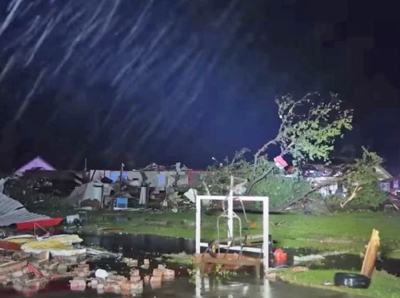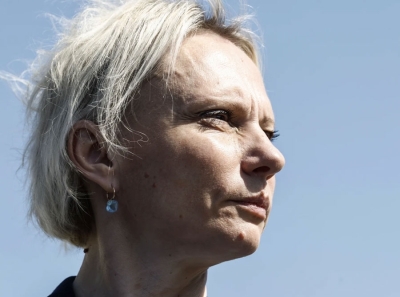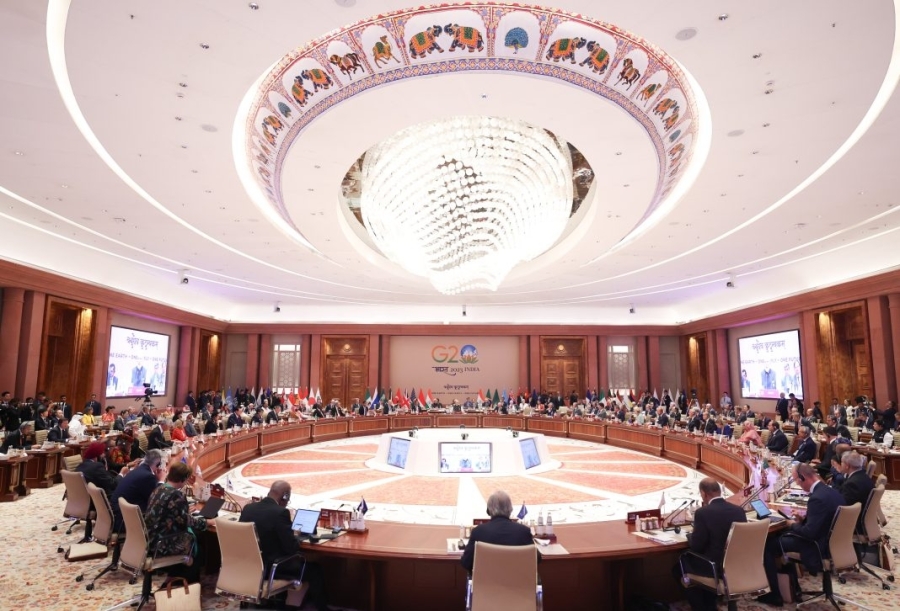On September 9th and 10th, the G20 Summit gathered the leaders of the world’s biggest economies for a two-day meeting.
During this year’s Summit, the G20 leaders addressed divisive topics such as the war in Ukraine and tackling climate change. However, they avoided directly criticising Moscow and making concrete pledges to phase out polluting fossil fuels.
The G20 summit was hosted by India’s Prime Minister, Narendra Modi.
This Summit has occurred for two decades and ends with a declaration from the leaders, expressing their commitments to common priorities.
Before the New Delhi meeting, the bloc members needed help reaching a consensus on referring to the Ukraine conflict. The West wanted Moscow to be held accountable for its invasion, while Russia threatened to veto any resolution that did not align with its beliefs.
According to a Reuters report on September 8th, negotiators at the G20 summit left the section on Ukraine blank in the leaders’ draft declaration since they could not resolve their differences.
As the host, India faced a significant diplomatic issue and worked to achieve a consensus among members.
Finally, the Group of 20 leaders adopted a declaration that refrained from condemning Russia for its actions in Ukraine. Instead, they urged all nations to avoid using force to gain territory control.
The newly adopted statement also called for the complete and timely implementation of the Black Sea Grain Initiative, which Moscow withdrew from earlier in July, to ensure safe grain, food, and fertiliser transportation between Ukraine and Russia.
The declaration expressed concern about the negative impact of the war on civilians’ safety and called for an end to the destruction or attack on food and security infrastructure.
The G20 admitted the African Union, with its 55 member states, as a permanent member, highlighting the bloc’s representation of the Global South. Both President Xi Jinping of China and Vladimir Putin of Russia were absent.
Modi and the Global South
Despite Russia’s involvement in the war in Ukraine, Prime Minister Modi did not impose any sanctions against them, and he wanted to avoid the topic dominating the event. The Summit aimed to bring attention to the needs of the Global South.
Unfortunately, Ukrainian President Volodymyr Zelensky was not invited to attend.
India, Brazil, South Africa, and China have continued cooperating with Russia on different levels and have not implemented any sanctions against the Kremlin. As a result, the Global South’s position in the talks helped prevent the G20 Summit from openly condemning Russia.
Charles Michel: The Kremlin is weaponising food, hurting the most vulnerable.
In a speech at the annual G20 summit in New Delhi, Charles Michel, the President of the European Council, stated that the grain deal had provided vulnerable countries with more than 30 times the amount that Russia offered to Africa.
“As we speak, Russia continues to attack the sovereign nation of Ukraine, killing people, destroying its cities. This is why the EU will continue to strongly back Ukraine and to pile pressure on Russia. The Kremlin’s war is also unravelling lives far beyond Ukraine, including right here in South Asia. Over 250 million people face acute food insecurity worldwide. And by deliberately attacking Ukrainian ports, the Kremlin is depriving them of the food they desperately need. It is scandalous that Russia, after terminating the Black Sea Initiative, is blocking and attacking Ukrainian sea ports,” said EU Council President.
Russia must permit ships carrying essential grain to pass through the Black Sea. Charles Michel said the European Union is offering alternative export paths via our Solidarity Lanes to address this issue. As a dependable and helpful partner to the global community, the EU advocates for greater cooperation and multilateralism among nations. Given the current challenging circumstances, this G20 is particularly crucial for the world’s future, stressed EU Council President.
Western politicians: Russia is increasingly isolated
During a press conference on Sunday, French President Emmanuel Macron expressed his opinion that there may be better forums for diplomatic efforts concerning the conflict in Ukraine than the G20, established initially to address global economic matters. Despite this, he stated that Russia did not achieve diplomatic victories with the G20 declaration and was left isolated from the Summit.
The Group of 20 recently issued a statement denouncing using force for territorial gain. Although they did not mention Russia by name, Western politicians believe the country has become increasingly isolated following the Summit.
White House national security adviser Jake Sullivan commended the declaration for upholding the principle that states should not use force to acquire territory or violate other states’ sovereignty and political independence. Vladimir Putin did not attend the Summit to avoid political backlash and the risk of arrest on war crimes charges.
Japan’s Prime Minister Fumio Kishida also warned that Russia’s actions against Ukraine have the potential to shake the foundation of the G20.
Ukraine’s reaction
Kyiv’s foreign ministry reacted and denounced the statement as “nothing to be proud of.”
“G20 adopted a final declaration. We are grateful to the partners who tried to include strong wording in the text. However, in terms of Russia’s aggression against Ukraine, G20 has nothing to be proud of. Obviously, the participation of the Ukrainian side would allow participants to better understand the situation. The principle of ‘nothing about Ukraine without Ukraine’ remains key as never,” posted on his Facebook page the Minister of Foreign Affairs of Ukraine, Oleg Nikolenko.










